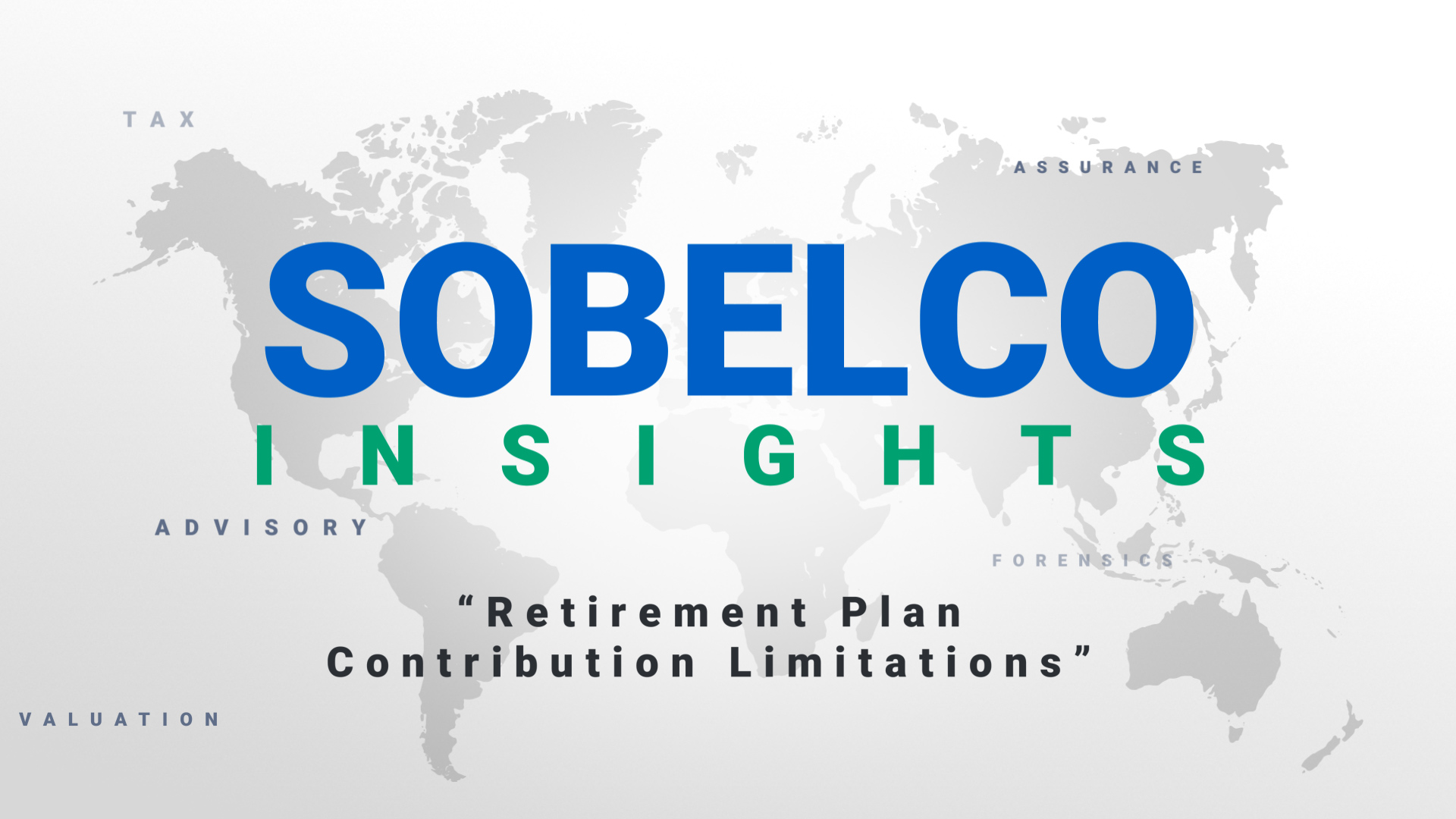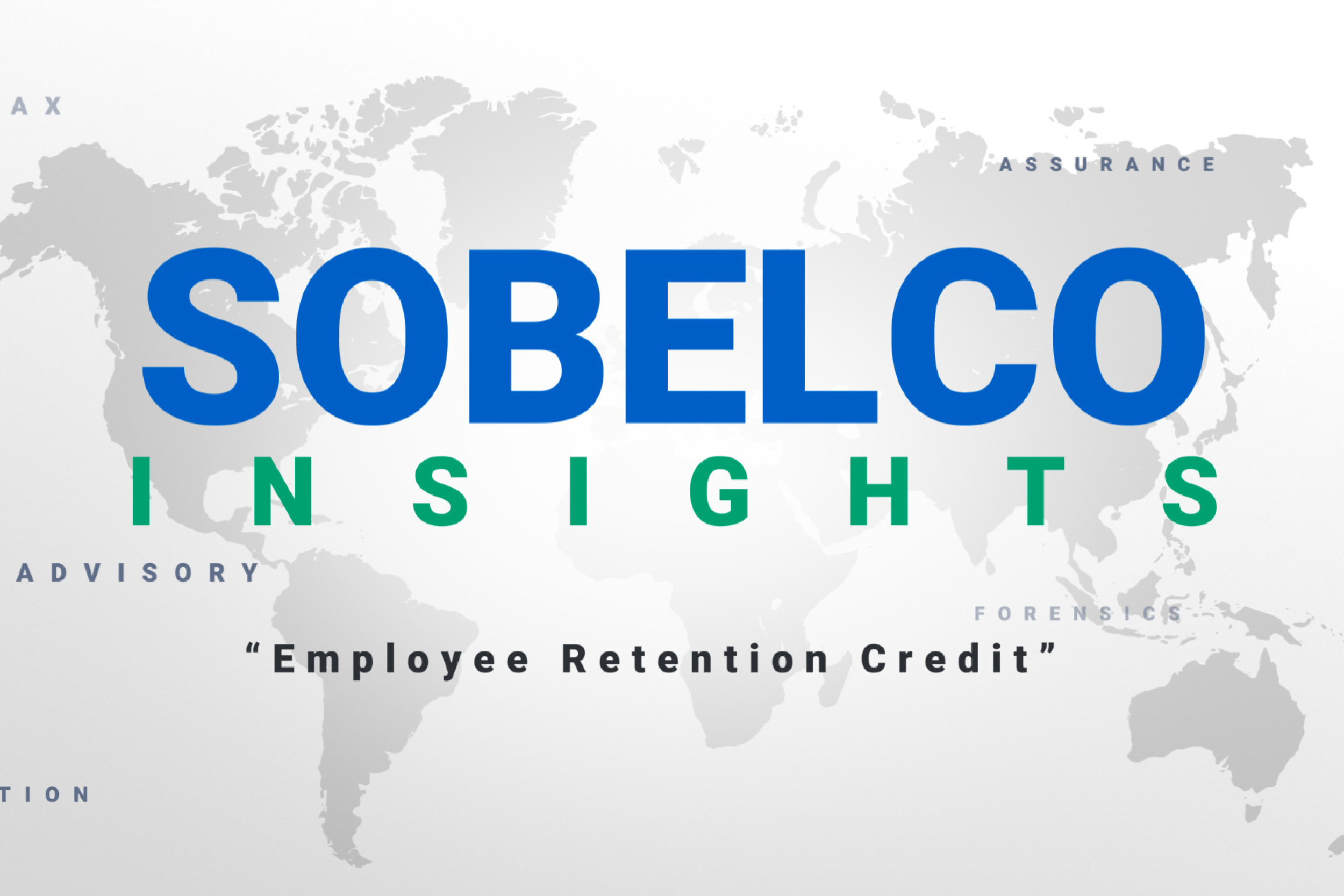
Changing a password does not remove personal information from the Internet. Nor does it stop identity theft or deter criminals from locating an address and creating havoc on the employee’s life, as well as their families.
The intense focus on the rapid rise in cybercrime has resulted in a corresponding decline in concern over an employee’s personal safety in the minds of most high profile business leaders.
Have you searched for your name, address, on the web?
It is there, don’t be surprised. In fact, at least 75 sites might be housing your personal information.
Don’t overlook your safety
As articles and presentations continue to address the use of technology to compromise critical and confidential data gathered from individuals and companies, the personal vulnerability and safety of individual employees is often overlooked. Lack of concern over security is also leading to greater vulnerability of the companies as well – which is a crucial result of a compromising situation.
Availability of essential data is the key
Pertinent information is easily available accessed from a quick and informal search of public records from state and federal government sources, public records, property deeds, voter records, marriage, birth and death records, court proceedings, drivers’ licenses, motor vehicle records and professional licenses.
The picture develops
As the details regarding an individual’s personal situation begin to emerge, even more substantiating data is collected from professional registries and directories, blogs, and social network sites.
Why does access to personal employee information matter to employers?
The depth of the impact on everyone and anyone’s security, including the risk that may jeopardize a company’s reputation, is the main reason that employers need to be concerned and involved. This is a problem that goes well beyond inconveniencing those who enjoy celebrity status – or even executives and CEOs or high net worth individuals – who are always susceptible to extortion, theft, scams, stalking, physical violence and other malicious attacks.
Don’t let this happen to you or your employees!
In the case of SMITHKLINE BEECHAM CORP., d/b/a GlaxoSmithKline, et al., v. STOP HUNTINGDON ANIMAL CRUELTY USA, Hugs for Puppies, Inc., et al. (2008)…protestors began targeting GSK and its employees by picketing outside of GSK’s Philadelphia facilities,as well as outside personal residences of several of GSK’s top employees. Because personal information was easily available, employees quickly became targets for protestors.
The picketers often protest employees with threatening statements such as “we know where you sleep at night.” The picketers used bullhorns, published defamatory materials, harassed GSK employees and their families, and frequently blocked ingress and egress to both private homes and GSK’s facilities. On several occasions the picketers sprayed graffiti on personal property, wore bandanas to cover their faces (or wore all black), and made harassing phone calls to employees.
“On November 8, 2006, GSK and several individual employees (Individual Plaintiffs) filed a complaint in equity seeking an injunction to stop harassment and intimidation by SHAC, HFP, Cooney and several other individuals. The lower court issued an injunction on November 27, 2006 enjoining them from, inter alia, harassing, stalking and intimidating GSK and the Individual Plaintiffs and preventing them from picketing or protesting within 100 feet of the Individual Plaintiffs’ homes and within 50 feet of GSK’s facilities.
Those conducting clinical research can be exposed to angry constituents when tests results are compromised.
The pharmaceutical business has special concerns that distinguish it from other industries. If a clinical study goes amiss and creates a potentially negative scenario, the results can lead to aggressive or belligerent behavior, especially when individuals are identified and reachable.
Online Risk Assessment and Optout
An Online Risk Assessment and Optout can be beneficial to the doctors and other personnel involved in the ‘cross-hairs’ of angry and revengeful family members whose loved ones were taken ill or died during a clinical trial, or of protesters who want to be heard.
Angry or disgruntled employees, vendors and others who feel they have been victimized when a clinical trial goes sour can obtain phone numbers, addresses, children’s school schedules, voting records, and even social security numbers, if they are intent on wreaking havoc by using threats and other means to be disruptive and dangerous to their targets.
It is difficult to become ‘invisible’
While it is a challenge to fly under the radar screen or simply disappear from online sources, it is still possible to attain a reasonable level of privacy and security in today’s open environment.
Be Prepared and Vigilant
- Use your middle name or first initial and middle name when possible
- Do not fill out warranty cards
- Avoid providing any personal information to obtain a shopper card
- Use a digital signature if possible
- Do not fill out any raffle tickets
For company leaders who accept responsibility for helping their employees minimize personal risk, this list of practical and reasonable tips, along with the Online Risk Assessment and Optout Process, can lead to a better level of digital protection and a safer work and home environment.


